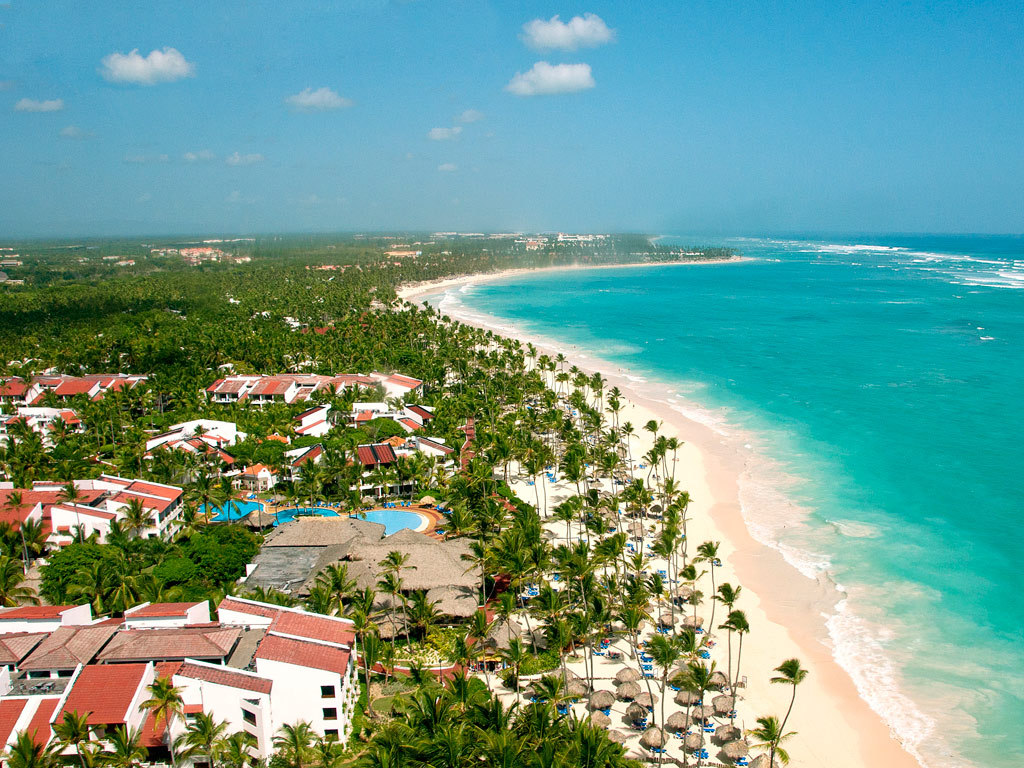Punta Cana is a world-renowned tourist destination, and the most important in the entire Dominican Republic.

Located in the easternmost part of the country, it is one of the localities of what is called “La Costa del Coco”, a coastal extension made up of more than 30 kilometers of endless paradisiacal beaches.
If you are planning a trip to Punta Cana, here are a few things to know before you go:
- Weather: Punta Cana has a tropical climate, which means it can be hot and humid year-round. The best time to visit is during the dry season, which runs from December to April.
- Currency: The official currency in the Dominican Republic is the Dominican peso, but US dollars are widely accepted in Punta Cana.
- Language: The official language is Spanish, but many people in Punta Cana speak English, especially in tourist areas.
- Safety: While Punta Cana is generally safe for tourists, it’s always a good idea to take precautions like not carrying large amounts of cash or valuable items and avoiding isolated areas at night.
- Transportation: Taxis and buses are widely available in Punta Cana, but if you plan on exploring the area on your own, it’s a good idea to rent a car.
- Resorts: Punta Cana is known for its all-inclusive resorts, which offer a range of activities and amenities, but it’s important to research and choose a reputable resort before booking.
- Beaches: Punta Cana is home to some of the most beautiful beaches in the Caribbean, but be aware that some beaches can be crowded and may have vendors trying to sell you goods or services.
- Excursions: There are many excursions available in Punta Cana, from snorkeling and scuba diving to zip lining and cultural tours. Make sure to research and book excursions with reputable companies.
- Food: Punta Cana is known for its delicious Caribbean cuisine, including fresh seafood, plantains, and rice and beans. However, be cautious when eating street food and make sure to drink bottled water to avoid getting sick.
- Culture: The Dominican Republic has a rich and diverse culture, so take the time to learn about local customs and traditions, including music, dance, and art.
